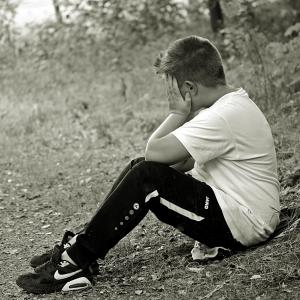Exercise Will Help Ease Your Anxiety: Here's Why
A recent study on anxiety and exercise found better results with resistance training than with aerobic exercise, despite the fact that most of the recommendations out there point to aerobic exercise as the best type to beat anxiety. So is one really better than the other? Let's take a look at what we know about exercise and anxiety to find out.
Why does exercise affect anxiety?
Part of the difficulty in pointing to a certain type of exercise as the best for anxiety is that we still don't really know how exercise eases anxiety symptoms. An interesting study, published recently in the Scandinavian Journal of Science & Medicine in Sports, was conducted to look at precisely that question. The study measured blood serotonin levels in participants who were assigned to either an aerobic exercise group or a stretching control group. They found that those in the exercise group had a larger decrease in blood serotonin, which is similar to the effects of selective serotonin reuptake inhibitors (antidepressants used to treat anxiety disorders). This result points to one possible explanation for how exercise improves anxiety, but of course, is specific to aerobic exercise.
What is being studied?
The above study illustrates another difficulty in determining what type of exercise is best: studies tend to focus on aerobic exercise. There simply isn't as much data available on other exercises. A search on PubMed for the terms aerobic exercise anxiety returns over 2000 published articles, while a search for strength training anxiety returns less than 150. But there are studies that have shown benefits of strength training, yoga, tai chi, and other forms of exercises.
The Current Recommendation
Based on the studies that have been conducted, the standard exercise "prescription" is 30 minutes of aerobic exercise 3 to 5 days per week. Several studies have indicated that greater intensity exercise may have additional anxiety-easing benefits. Additional strength training and flexibility exercises are also often recommended, highlighting the fact that all types of exercise are beneficial and necessary for ultimate mental and physical health.
The bottom line: Exercise can ease anxiety, and any type of exercise is better than none.
Photo: Pixabay







